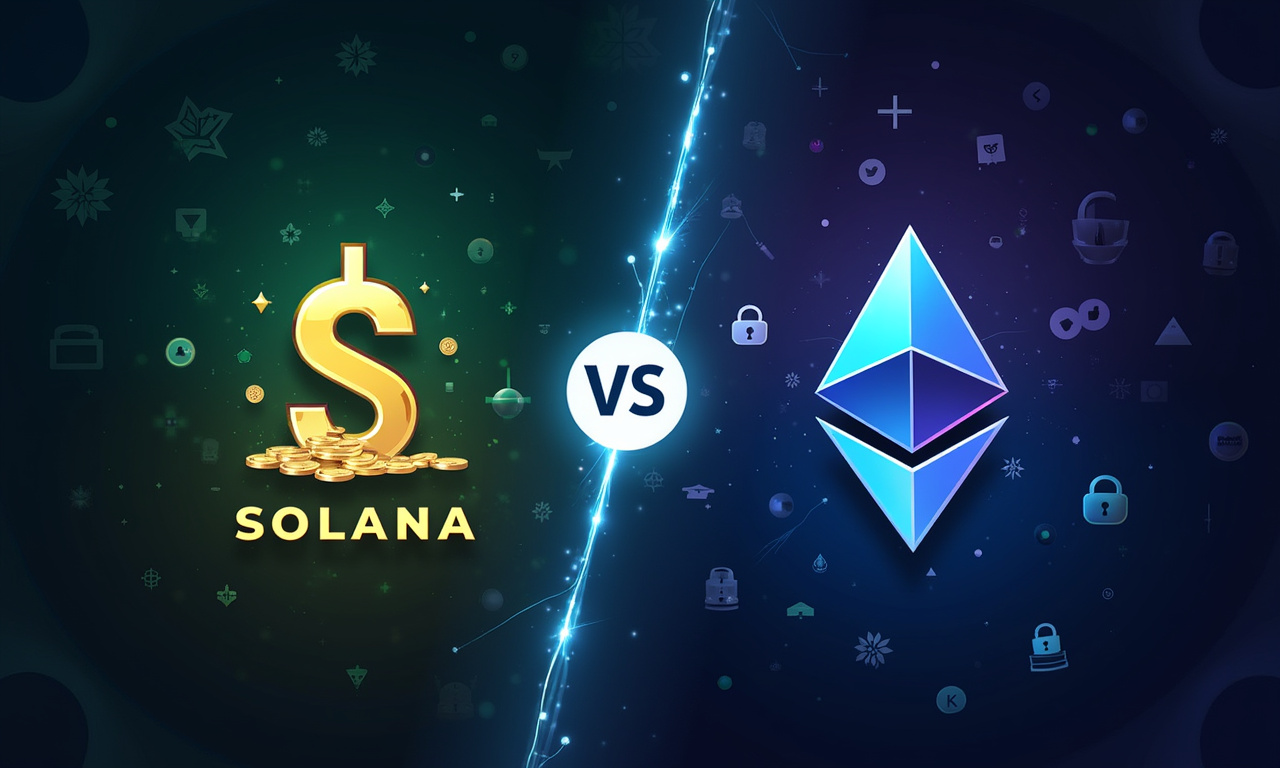
At the end of the day, let’s face it—the appeal of a CEX wallet is seductive. Convenient signup, comfortable experience, and wham, you’re all of a sudden in crypto. Coinbase, Kraken, Binance – they’re all going to have really nice wallets and they’re going to be promoting them like crazy. It feels like a win, right? Widespread adoption, mainstream appeal... but hold on. Have we become so seduced by the siren song of convenience that we are willfully looking past the clear dangers hiding just below the surface? I think so.
Centralization's Siren Song: Control Lost
We introduced crypto, most of us, by this idealistic, vision-driven concept of decentralization. The misconception that we were in charge of our assets, rather than a bank or federal government. Inherently self-custodial CEX wallets, seductive and convenient, are the antithesis of this principle. You’re doing what amounts to trusting a third party with your keys. And history, particularly crypto history, has taught us how that can go terribly awry.
Think of it like this: you wouldn't hand over the keys to your house to a complete stranger, would you? Still, that’s exactly what you’re doing when you hold an asset in a CEX wallet. You might think that, with all their state-of-the-art security, hacks don’t occur with the big players. Regulations change. And overnight, your access to your crypto is placed in the hands of their judgement.
This isn't just about losing funds in a hack (though that's a very real possibility, and evokes anxiety). It's about control. It's about the potential for censorship. Imagine a world where CEXs fall under sanction pressures from global governments. Then they start shutting down transactions to certain addresses and freezing the accounts of people with the ‘wrong’ political views. That’s the kind of power we’re giving away when we allow CEX wallets to become the default.
Let's not forget the data. CEXs log all data related to your trading behavior, every asset you hold in a portfolio, and often even your legal identity in the physical world. This kind of information is a goldmine that is used against you. It would result in consumer profiling for targeted advertising purposes or, in the most extreme circumstance, government monitoring of individuals.
Regulatory Roulette: Playing With Fire
The regulatory environment around crypto is still a bit unclear, to say the least. And that opaqueness poses huge threats to anyone with a wallet on a CEX. When a government gets serious about stamping down on crypto, their special interests usually come home to roost. Or, alternatively, what if regulations change overnight and require CEXs to freeze assets or follow other strenuous reporting requirements.
Stripe's move towards stablecoins is a smart play, but it highlights the growing interest from traditional FinTech in a space that regulators are watching very closely. The more crypto becomes intertwined with the traditional financial system, the more likely that it will be subject to stricter regulation. This entanglement bodes ill for the future of cryptocurrency. CEXs, the main on- and off-ramps to that system, will be the first to start sweating.
If your crypto is locked up in a CEX wallet, you're essentially betting that the regulatory environment will remain favorable. That’s a dangerous gamble, particularly when you look at the track record of government and financial innovation. They rarely play nice.
Consider it this way – you’re placing your confidence in the exchanges to advocate on your behalf. Do you think they will? They’ll simply just pass the buck down to you, the end consumer.
The "SaaS of Web3" Trap: Innovation Stifled
The notion that crypto wallets are the new “SaaS of Web3” is very enticing. A smart device-based application that’s seamless, friendly and instantly gratifying on-board crypto for millions. There is a flip side to this analogy. What happens when wallets become the shiny new object, the new product line, buried deep in the corporate matrix?
Look at MetaMask. Once the undisputed heavyweight champion of crypto wallets, today it’s barely treading water trying to fend off competitors and continue to capture developer mindshare. Why? Because it's a pure wallet product, competing against CEXs that can offer a whole suite of services, from trading to lending to staking.
CEXs are now focusing on perpetual DEXs (Perp DEX) as the future, driven by the success of platforms like Hyperliquid. They are evolving. What about us?
Or consider Linea. A hugely promising L2 solution that just couldn’t get any momentum. Why? Since it lost the L2 cycle story and didn’t have a chance to grow into a big player like Base.
When wallets are treated as just another feature, they become commoditized. Innovation is stifled. And their ability to short-circuit the financial system as crypto’s true disruptors is greatly overstated.
CEX wallets offer convenience, no doubt. But that convenience comes at a cost. A high cost of control, a high cost of regulatory risk, and a high cost of stifled innovation. Don’t let the centralization siren song fill you with overly optimistic dreams. Remember why you got into crypto in the first place: freedom.
- Diversify: Don't put all your eggs in one CEX wallet basket. Use a hardware wallet for long-term storage. Explore decentralized wallets like those integrated with Hyperliquid.
- Educate Yourself: Stay informed about the regulatory landscape and the potential risks associated with CEX wallets.
- Demand Better: Support projects that are committed to decentralization and user control.
CEX wallets offer convenience, no doubt. But that convenience comes at a cost. A cost of control, a cost of regulatory risk, and a cost of stifled innovation. Don't let the siren song of centralization lull you into a false sense of security. Remember why you got into crypto in the first place: freedom.

Tran Quoc Duy
Blockchain Editor
Tran Quoc Duy offers centrist, well-grounded blockchain analysis, focusing on practical risks and utility in cryptocurrency domains. His analytical depth and subtle humor bring a thoughtful, measured voice to staking and mining topics. In his spare time, he enjoys landscape painting and classic science fiction novels.








